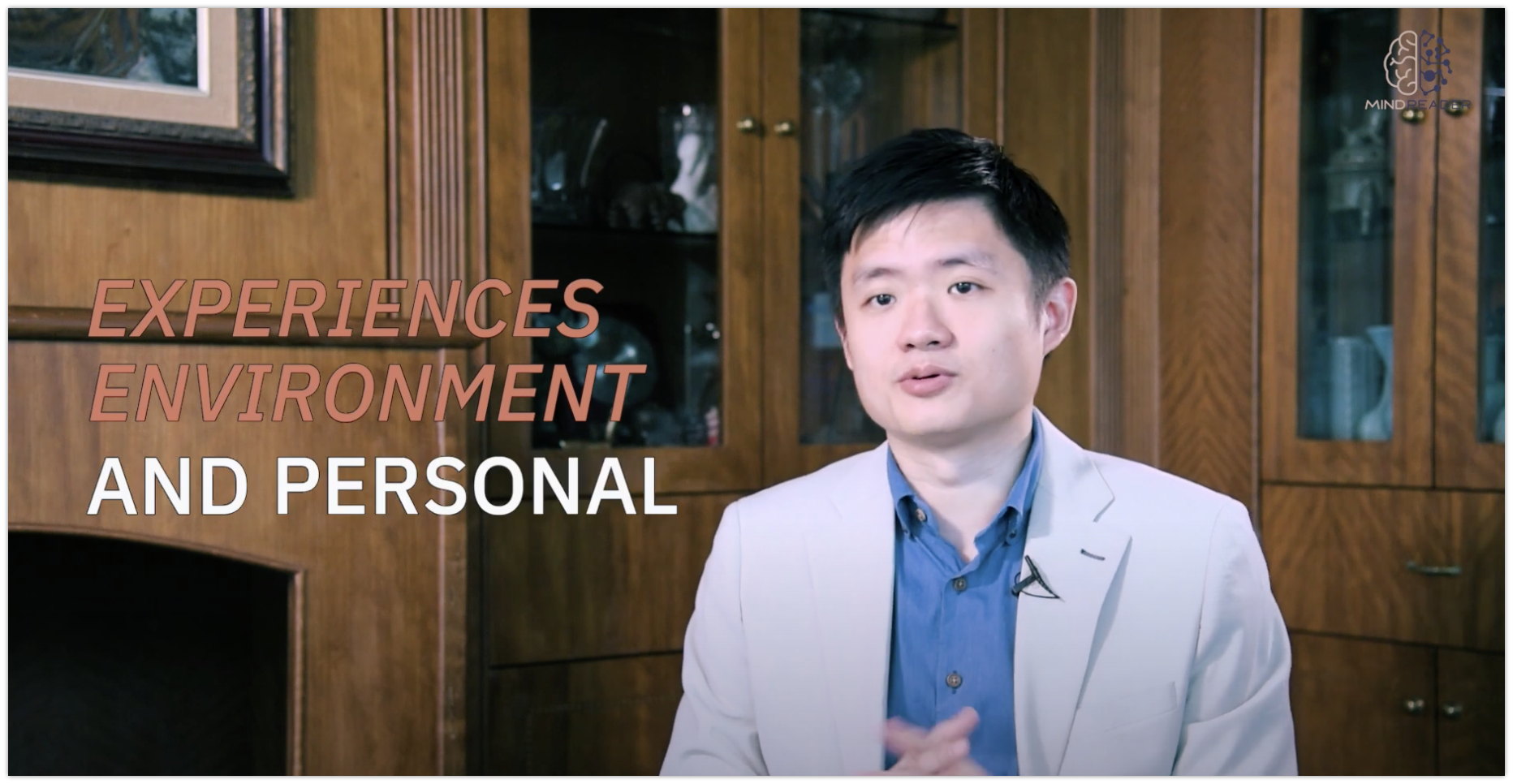Personality typing is a valuable tool in psychology and personal development, but it's often shrouded in misunderstandings. Let's clear up some of the most common myths:
Myth #1: Fixed and Unchanging
One misconception is that personality types are rigid and unchangeable. While our core tendencies tend to be stable, our behaviors and attitudes adapt to life experiences, environment, and personal growth. Personality typing isn't about sticking people in boxes; it's a framework for understanding our innate preferences.
Myth #2: Predicting Everything
Another common myth is that personality types predict behavior. While understanding your type can offer insights into potential reactions and preferences, it's not a fortune cookie. Human behavior is a complex interplay of factors, including situations and personal history.
Myth #3: Stereotyping
Personality typing shouldn't be confused with stereotyping. Stereotyping makes sweeping generalizations about entire groups. Personality typing, on the other hand, is based on research and aims to promote self-awareness and understanding of individual differences. It's not about labeling or pigeonholing people.
Myth #4: One-Size-Fits-All
There's no single "correct" personality typing system. Many models exist, each with its own approach and focus. The Myers-Briggs Type Indicator (MBTI) explores personality preferences, while the DISC model focuses on observable behaviors. Different tools measure different aspects of a person, just like a ruler measures height and a scale measures weight.
Myth #5: Just for Fun
Free online quizzes might give the impression that personality typing is frivolous. However, its applications extend far beyond entertainment. It can be a valuable tool in career planning, navigating relationships, counseling, and personal development. Understanding your type can lead to greater self-awareness and improved interactions with others.
By clearing these misconceptions, we can unlock the true potential of personality typing for personal growth and better understanding ourselves and others.




